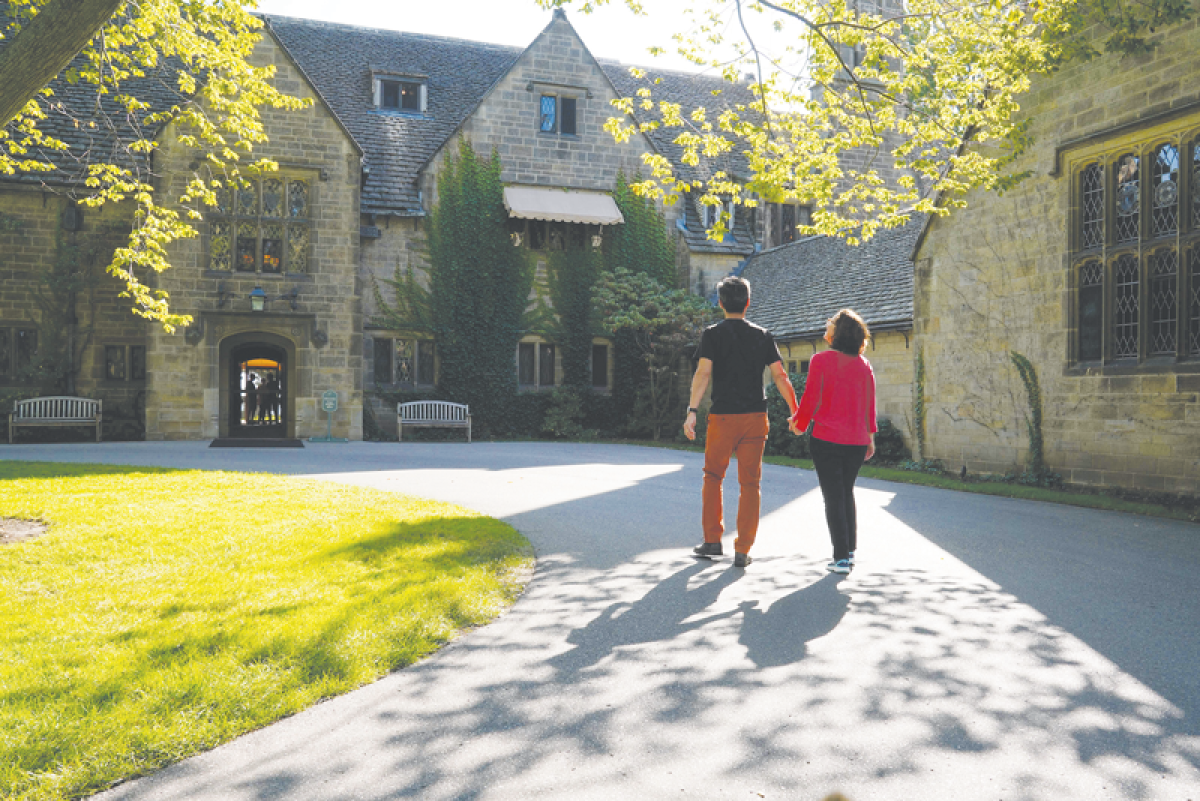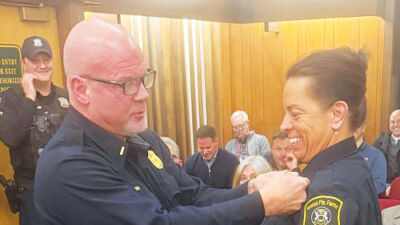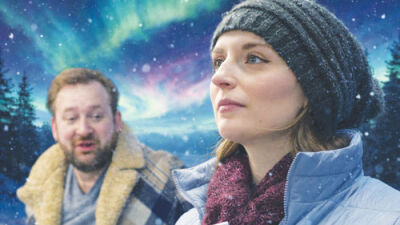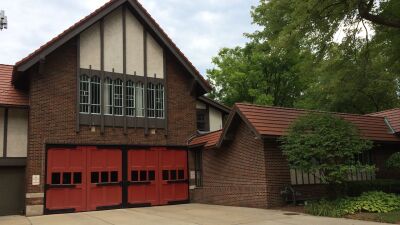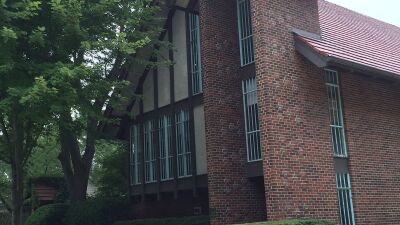GROSSE POINTE SHORES — Metro Detroiters have a once-in-a-lifetime opportunity to see a near-total solar eclipse close to home April 8, and the Edsel and Eleanor Ford House in Grosse Pointe Shores is teaming up with the Michigan Science Center to make sure it’s a safe and memorable experience for all ages.
From noon to 4:30 p.m. April 8, the Ford House is hosting indoor and outdoor activities with Michigan Science Center educators, who will explain how the eclipse will progress. Participants will be able to make pinhole projectors and sun-spotting scopes, and all attendees will receive a pair of solar eclipse glasses for safe viewing. Self-guided tours of the main house will be available until 4 p.m.
“When two cultural institutions like Ford House and the Michigan Science Center come together, we can literally point the community’s eyes skyward and be inspired,” Ford House President and CEO Mark J. Heppner said in a press release. “We won’t have the opportunity to experience this for another twenty years. So, being able to share this moment is truly special.”
They’ll have solar telescopes on-site to see the eclipse. Paulette Epstein, Michigan Science Center director of science partnerships and theaters and one of the science center’s staff astronomers, said one of the telescopes shows the sun in traditional white light and the other uses a different filter to look at it in hydrogen alpha.
“We can actually see the solar prominences (with the latter one),” said Epstein of the jets of material that come out from the surface of the sun and go back in, resulting in what looks like rings.
Peak eclipse time in metro Detroit — when coverage will be at 99% — is “Pi time,” or 3:14 p.m., Epstein said. Participants should arrive before that time so they’ll be prepared.
Of course, the view depends on the weather.
“As long as Mother Nature participates, we’ll be able to get an up-close view,” Epstein said.
Coverage of the sun isn’t the only thing people will notice.
“It will get darker outside,” Epstein said. “It will get cooler outside.”
She said temperatures could drop by as much as 20 degrees as the sunlight fades.
While solar eclipses are fairly common — Epstein said they happen roughly once a year — total, or near-total, eclipses that are visible in populated areas aren’t nearly as frequent. The next total eclipse visible in the United States will be in 2045, where total coverage will be able to be seen from Orlando, Florida, she said. In metro Detroit, coverage will be around 75% in 2045, Epstein said.
The last total solar eclipse that could be seen in Detroit was in 1806, and the next one will be Sept. 12, 2444, she said.
“It’s a great opportunity,” Epstein said of local residents being able to witness a near-total eclipse in their backyards. “It is really a once-in-a-lifetime experience. And it’s a great opportunity to learn as well. Everybody in the U.S. is going to experience this. This is a great opportunity (for people) to get interested in science and the natural phenomena around them.”
Epstein said the last total eclipse visible in the United States was in 2017; coverage in metro Detroit was 80%.
Safety is paramount, whether people are enjoying the eclipse from the Ford House, one of the Grosse Pointe Public Library branches or their own backyards. A press release from Henry Ford OptimEyes offered the following safety tips:
• Wear eye protection that meets the international standard ISO 12312-2 to safely look at the eclipse.
• Avoid using standard glasses, sunglasses, polarized lenses, binoculars, camera lenses and unfiltered telescopes.
• Supervise youngsters carefully when using solar eclipse viewers.
• Recognize that failure to take safety precautions — even for a short period of time — can damage the retina, which could lead to temporary or permanent vision loss.
• Anyone who experiences any vision changes after the eclipse should schedule a visit with their optometrist or ophthalmologist as soon as possible.
“The sun — even at 1% — can damage our eyes,” Epstein said. “So we want to be wearing those solar eclipse glasses or viewing the sun indirectly.”
This marks the first joint activity between the Ford House and the Michigan Science Center.
“We are delighted to collaborate with the Ford House to offer a unique science learning experience for families that will undoubtedly inspire children and adults alike. This is an extremely rare astronomical event for our area.” Dr. Christian Greer, president and CEO of the Michigan Science Center, said in a press release. “Our team can’t wait to present the science of solar eclipses and promote safe viewing in such gorgeous surroundings!”
Officials with both institutions hope to work together in the future. It makes sense, given that the Ford House encourages study of the natural world, such as students taking and analyzing water samples from Lake St. Clair.
“We do encourage people to check it out,” Epstein said. “It’s going to be a great time. We’re very excited.”
Regular admission for the solar eclipse event is $7 for adults and $5 for children ages 12 and under; it’s free for Ford House and Michigan Science Center members. VIP tickets — which cost $60 apiece, or $50 for Ford House or Michigan Science Center members — include a Michigan Science Center gift, a pair of wine glasses, a bottle of Heron Hill’s Eclipse wine and light bites for two guests. Advance tickets are encouraged as tickets are limited. For tickets or more information, visit fordhouse.org or call (313) 884-4222.
 Publication select ▼
Publication select ▼